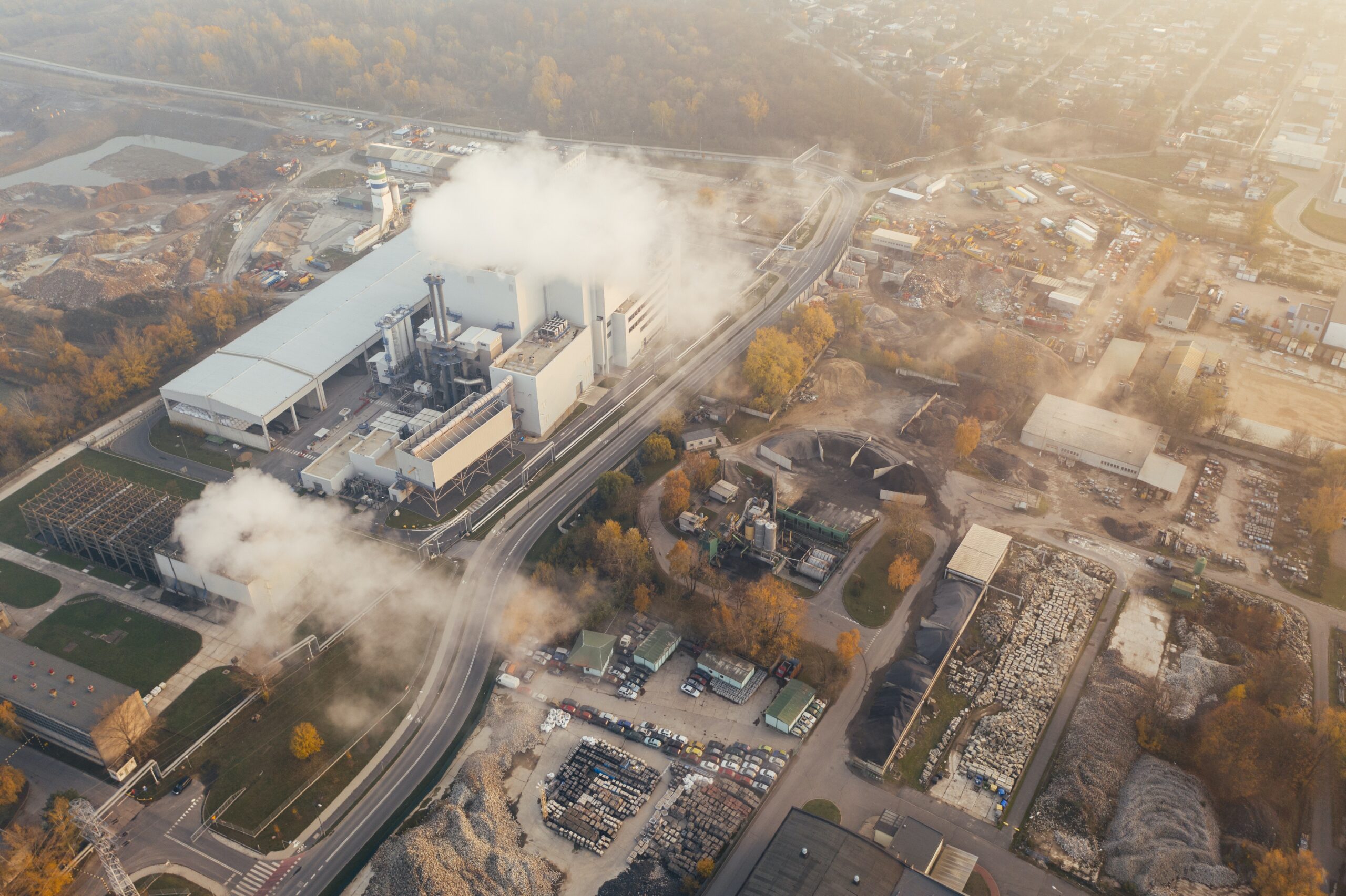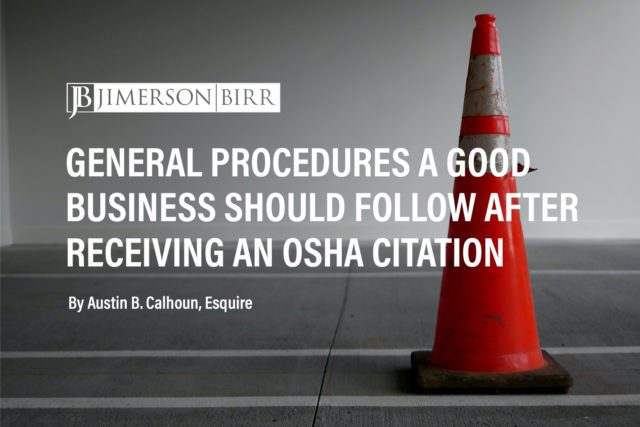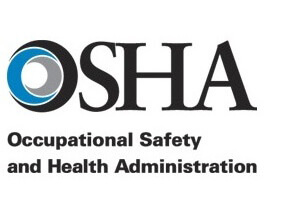Industrial Accidents
What is industrial accident litigation?
Industrial accident litigation refers to seeking compensation for injuries or damages resulting from accidents in industrial or workplace settings. Industrial accidents can include many incidents, such as explosions, fires, falls, chemical spills, and machinery malfunctions.
Litigation can involve several parties, including the injured worker, their employer, insurance companies, and other third parties that may have contributed to the accident. Industrial accident litigation aims to determine who is liable for the accident and obtain compensation for the injured party.
Overall, industrial accident litigation is a complex and often lengthy process that requires expertise in both the legal and technical aspects of industrial accidents. Therefore, it is essential for those involved in such cases to seek the guidance of experienced legal counsel to ensure the protection of their rights and interests throughout the process.
Need help with an industrial accident case? Schedule your consultation today with a top bet-the-company litigation attorney.
What legal issues typically arise related to industrial accidents?
The following disputes are among the most common in industrial accidents:
- Workplace safety: One of the primary legal issues related to industrial accidents is whether the employer provided a safe working environment for employees. If an employer does not take reasonable steps to ensure workplace safety, they may be held liable for any injuries or damages that result.
- Negligence: Negligence from the employer or another party involved in the accident can also be a significant legal issue. Negligence refers to the failure to exercise reasonable care that harms another person.
- Liability: Liability is another key legal issue related to industrial accidents. Liability refers to legal responsibility for injury or damage. Negligence, breach of contract, or other factors may all play a role in establishing liability.
- Workers’ compensation: In some cases, injured workers may have eligibility for workers’ compensation benefits. Workers’ compensation is a type of insurance that benefits employees injured on the job. These benefits may include medical expenses, lost wages, and disability payments.
- Regulatory compliance: Industrial accidents can also raise issues related to regulatory compliance. Employers must comply with state and federal regulations on workplace safety, hazardous materials handling, and other issues. Failure to comply with these regulations can result in fines, penalties, and legal liability.
What is bet-the-company litigation, and how does it apply to industrial accidents?
When a company faces legal action that seriously threatens its future, its survival often depends on winning a single, cost-effective verdict. By necessity, such a company needs counsel experienced in bet-the-company litigation. Bet-the-company cases are often highly confidential, involve multiple parties, and entail complex discovery. High-stakes circumstances like these require risk-reward analysis and comprehensive day-to-day strategizing well above the requirements of traditional business litigation because the company’s existence depends on victory.
While the legal requirements to prove or defend against a case of industrial accidents remain the same, the issues are complex and implicate much more money. For example, mergers and acquisitions, accounting irregularities, changing regulatory interpretations, and antitrust matters may all implicate issues related to industrial accidents.
What are relevant laws related to industrial accidents in Florida?
Several laws and regulations are relevant to industrial accidents in Florida, including:
- Occupational Safety and Health Act (OSHA): OSHA is a federal law that sets standards for workplace safety and health. It applies to most employers in Florida and requires them to provide a safe working environment for employees. OSHA also establishes regulations related to handling hazardous materials, electrical safety, and other issues.
- Florida Workers’ Compensation Law: This law benefits employees injured on the job or who develop a work-related illness. Workers’ compensation benefits may include medical expenses, lost wages, and disability payments.
- Florida Building Code: This code establishes construction standards and requirements for buildings in Florida. It includes regulations related to fire safety, structural integrity, and other issues.
- Florida Environmental Protection Act: This law regulates environmental issues in Florida, including the handling and disposing of hazardous materials. It establishes penalties for environmental violations and provides a framework for addressing environmental contamination.
In general, industrial accident claims often arise from tort law in Florida. Tort law is the area of law that deals with civil wrongs, including personal injury claims. In Florida, industrial accident claims typically derive from the theory of negligence, a type of tort. Negligence occurs when someone owes a duty of care to another person, breaches that duty, and causes harm to the other person as a result.
What are the elements of an industrial accident claim in Florida?
To establish an industrial accident claim in Florida, the injured party (plaintiff) must generally prove the following elements:
- Duty: The defendant (typically the employer) had a legal duty to provide a safe working environment for the plaintiff;
- Breach: The defendant breached their duty by failing to take reasonable steps to prevent the accident or injury from occurring. Such failures could include failing to provide proper safety equipment, inadequate training, or failing to follow safety regulations;
- Causation: The defendant’s breach of duty directly caused the plaintiff’s injuries. The plaintiff must show that the injury would not have occurred if the defendant had not breached their duty; and
- Damages: The plaintiff suffered actual damages due to the accident, such as medical expenses, lost wages, pain and suffering, or other losses. The plaintiff must provide evidence of their damages and show that they are a direct result of the accident.
When a set of facts is appropriate to meet the requirements of an industrial accident claim, there are many paths a claimant may take. We are value-based attorneys at Jimerson Birr, which means we look at each action with our clients from the point of view of costs and benefits while reducing liability. Then, based on our client’s objectives, we chart a path forward to seek appropriate remedies, such as:
- Compensatory damages
- Medical expenses
- Lost wages
- Pain and suffering
- Punitive damages
- Wrongful death damages
- Injunctive relief
To see what actions may be available for your unique situation, please contact our office to set up your initial consultation.
What are common defenses to industrial accident claims in Florida?
The primary defenses to industrial accident claims in Florida include the following:
- Comparative negligence: The defendant may argue that the plaintiff was partially or fully responsible for their injuries because they failed to take reasonable care or follow safety protocols.
- Assumption of risk: The defendant contends that the plaintiff was aware of the risks associated with their job and voluntarily assumed them by choosing to work in that industry.
- No breach of duty: The defendant might pose that they did not breach any duty of care owed to the plaintiff, either because they were not responsible for the accident or because they took reasonable steps to prevent the accident from occurring.
- Statute of limitations: The defendant may argue that the plaintiff waited too long to file their claim and that the statute of limitations now bars the lawsuit.
- Workers’ compensation exclusivity: If the plaintiff was injured while working, the defendant might argue that the plaintiff’s exclusive remedy is through workers’ compensation and that they cannot file a separate lawsuit against the employer.
- Lack of causation: The defendant may argue that the accident did not cause the plaintiff’s injuries but rather by a pre-existing condition or a subsequent event.
To see what defenses may be available for your unique situation, please contact our office to set up your initial consultation.
Have more questions about an industrial accident-related situation?
Crucially, this overview of industrial accidents does not begin to cover all the laws implicated by this issue or the factors that may compel the application of such laws. Every case is unique, and the laws can produce different outcomes depending on the individual circumstances.
Jimerson Birr attorneys guide our clients to help make informed decisions while ensuring their rights are respected and protected. Our lawyers are highly trained and experienced in the nuances of the law, so they can accurately interpret statutes and case law and holistically prepare individuals or companies for their legal endeavors. Through this intense personal investment and advocacy, our lawyers will help resolve the issue’s complicated legal problems efficiently and effectively.
Having a Jimerson Birr attorney on your side means securing a team of seasoned, multi-dimensional, cross-functional legal professionals. Whether it is a transaction, an operational issue, a regulatory challenge, or a contested legal predicament that may require court intervention, we remain a tireless advocate every step of the way. Being a value-added law firm means putting the client at the forefront of everything we do. We use our experience to help our clients navigate even the most complex problems and come out the other side triumphant.
If you want to understand your case, the merits of your claim or defense, potential monetary awards, or the amount of exposure you face, you should speak with a qualified Jimerson Birr lawyer. Our experienced team of attorneys is here to help. Call Jimerson Birr at (904) 389-0050 or use the contact form to set up a consultation.


We live by our 7 Superior Service Commitments
- Conferring Client-Defined Value
- Efficient and Cost-Effective
- Accessibility
- Delivering an Experience While Delivering Results
- Meaningful and Enduring Partnership
- Exceptional Communication Based Upon Listening
- Accountability to Goals











